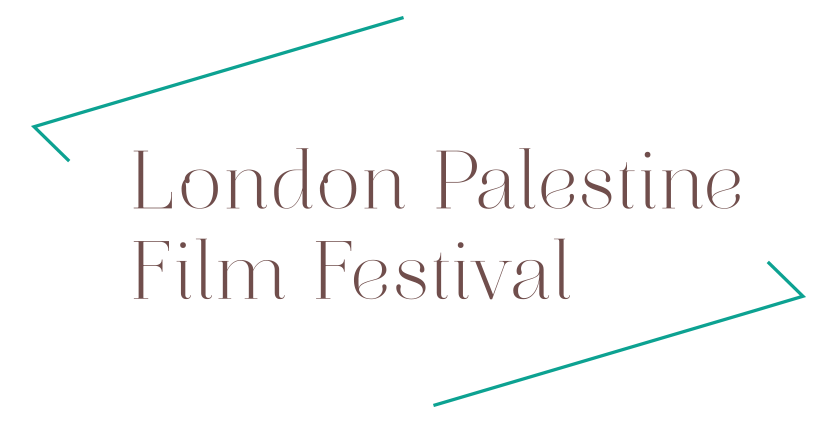Gaza: Intimate Screens, a selection of short films
Electrical Gaza | My Gaza Online | Old Child | When Things Occur
thursday, 23 September | 18:30
ica: The Mall, St. James's, SW1Y 5AH
A curated selection of short films flash images and emotion through the experimental spectrum. Filmmakers and narrators interrogate viewers’ relationship to the place, its image, and their own place within it. Screen to screen, how do we see Gaza, and what do we feel about it?
Electrical Gaza
2015 | 18' | Rosalind Nashashibi
In Electrical Gaza, filmmaker/painter Rosalind Nashashibi combines her footage of Gaza, and the fixer, drivers and translator who accompanied her there, with animated scenes. She presents Gaza as a place from myth; isolated, suspended in time, difficult to access and highly charged. Commissioned by the Trustees of Imperial War Museum.
My Gaza Online
2019 | 22' | Mohamed Jabaly
Mohamed Jabaly (Ambulance, 2016) was a frontline documentary filmmaker in his home, Gaza City, before moving to northern Norway. Since he arrived 5 years ago, the internet has been the only way to communicate with family and friends. But the volatile situation in Gaza makes his distance, and the Skype conversations with his family, all the more difficult. Far away from his home, this new medium has become the material for his latest film.
Old Child
2019 | 16' | Elettra Bisogno
Exhausted by a painful voyage from Gaza, Hazem, a young rollerblader, catches his breath in Brussels. He takes us along in his world of rage and love as he recounts his journey, fragmented by spectral images and trembling scenes and tied together by the anger and heartache of being separated from Gaza.
When Things Occur
2016 | 27' | Oraib Toukan
When Things Occur is based on Skype conversations with Gazans that were behind the images transmitting from screen to screen in the 2014 Israeli onslaught on Gaza. The film probes the face of mourning and grief—its digital embodiment, transmission, and representation. It asks how the gaze gets channelled digitally, and how empathy travels. What exactly is viewing suffering ‘at a distance’? Who is ‘local’ in the representation of war? And what is the behaviour and political economy of the image of war?




